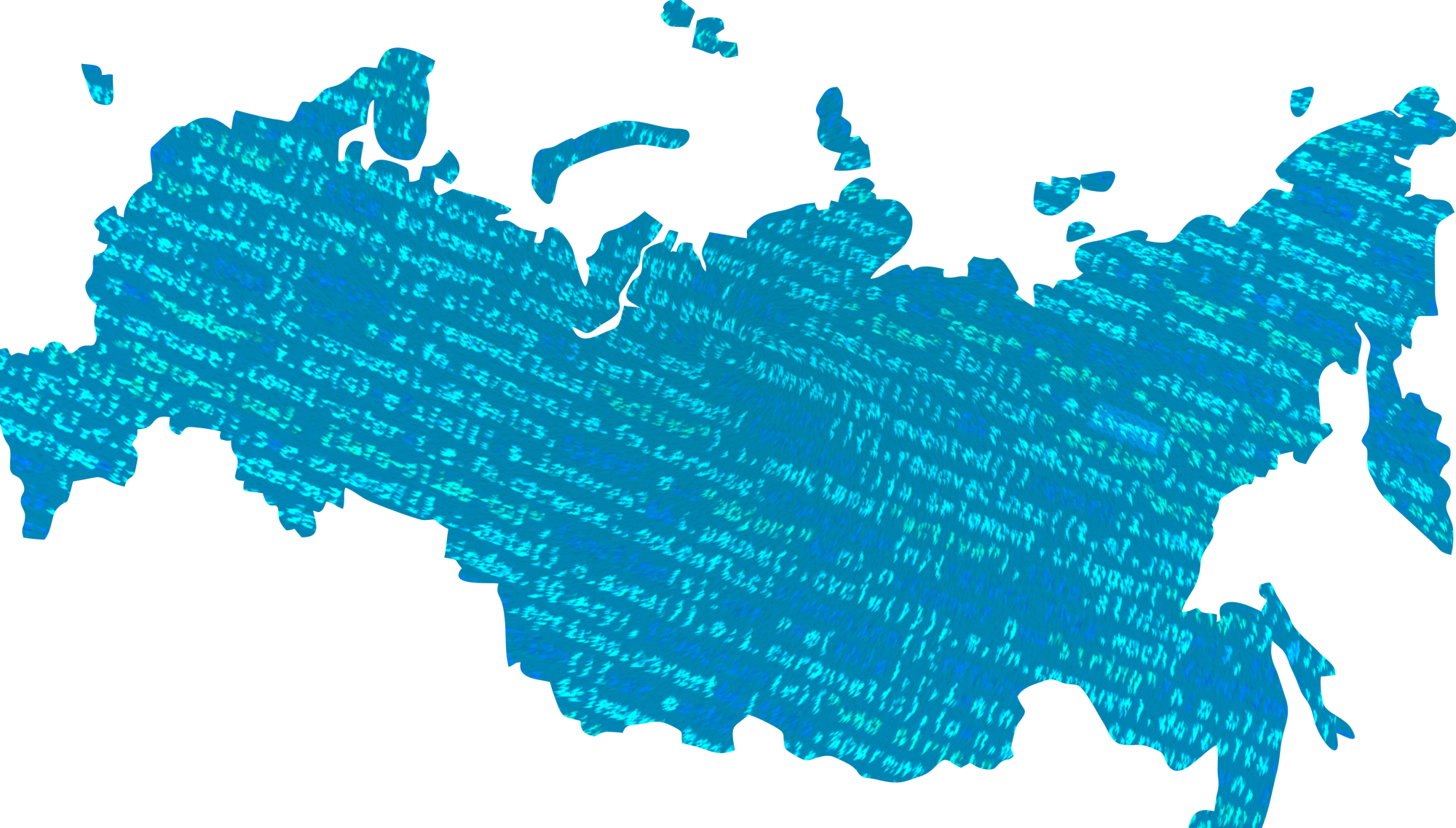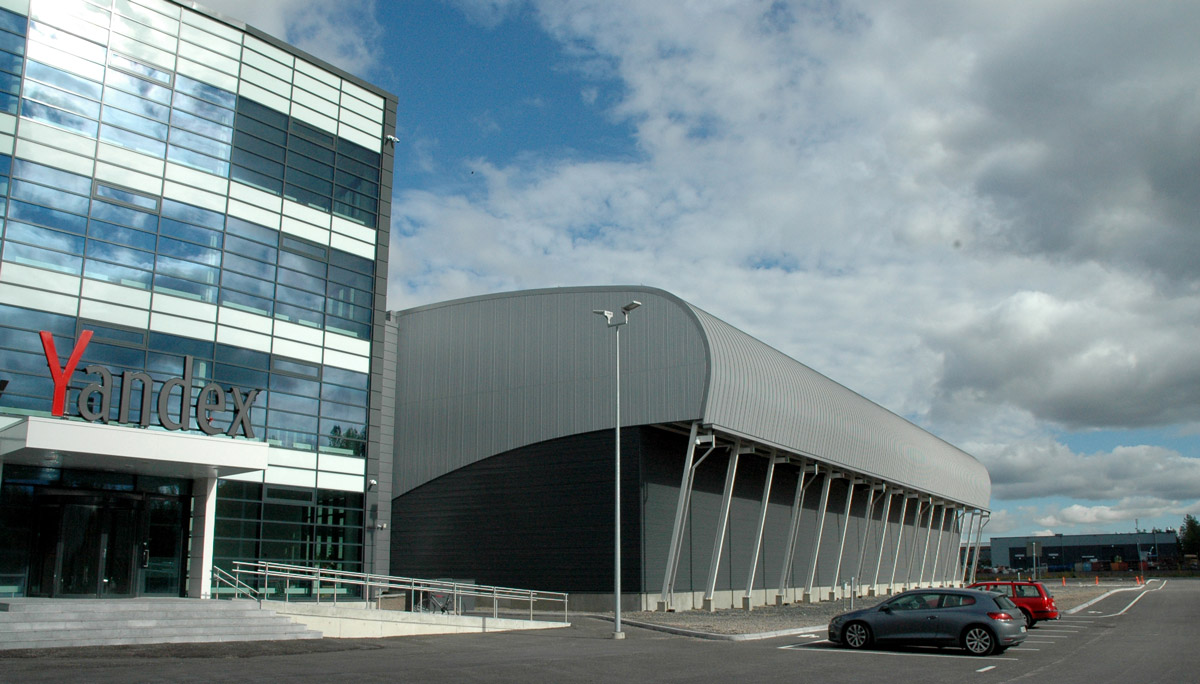We are looking to hire a postdoctoral researcher for the new Digital Russia Studies project Strategies of Persuasion: Russian Propaganda in the Algorithmic Age.
To apply, please visit https://www.helsinki.fi/

@AleksanteriInstitute
We are looking to hire a postdoctoral researcher for the new Digital Russia Studies project Strategies of Persuasion: Russian Propaganda in the Algorithmic Age.
To apply, please visit https://www.helsinki.fi/
The first DRS seminar of the year on the 11th of January started with the presentations by two speakers from Digital Russia Studies core. Postdoctoral Researchers, Andrey Indukaev and Mariëlle Wijermars gave talks about their current projects connected with digitalzation in Russia.
Andrey Indukaev the primary results of his project named “Mapping the political discourse on ‘innovation’ and ‘digitalization’ in Russia”. In his work Andrey focuses on two concepts – innovation and digitalization – taking prominent place in the political discourse in Ruissa. The projects aims to analyse the shifting political role those had during and after Medvedevs term. The study aims to combining the methods of distributional semantics with other methods of text analysis. The results presented at the seminar consisted mainly of the word2vec model trained on a corpus thematically focused on the innovation and digitalization.
Mariëlle Wijermars launched her project “Strategies of Persuasion: Russian Propaganda in the Algorithmic Age” which in November was has been awarded a University of Helsinki three-year project grant. The detailed description of the project can be found here: https://blogs.helsinki.fi/digital-russia-studies/projects/strategies-of-persuasion/. At the seminar were vividly discussed the questions about what is propaganda: fake news or something else? The main discussion revolved around the issue of the project expected outcomes and the necessity for new knowledge about propaganda strategies in the age of information and media digitalization.

*Text on the picture: Putin in a bearskin. How the President became enamored with the digital economy
On December 14th, Digital Russia Studies autumn seminars series were concluded by two presentations that exposed – in their own way – how the abundance of data influences modern societies.
Our Guest PhD Ekaterina Kalinina, Senior Lecturer at the School of Culture and Education of Södertörn University gave a talk about a project she is about to launch. How our way of remembering is influenced by the fact that nowadays artificial intelligence quite often takes care of preserving and organizing the traces our memory relies on. Are we about to lose our capacity – or privilege – of forgetting because of the apparently unlimited capacity to record and save all data?
PhD Julia Velkova, a post-doctoral researcher at the Consumer Society Research Centre at the University of Helsinki, discussed the material infrastructure required to store and process data. In a talk “Geopolitics of Data: Yandex Digital Data Infrastructure in Finland from a Critical Media Infrastructure Perspective” she offered an in-depth analysis of political, economic and environmental dimensions of a project carried out by Yandex, Russian information technology giant, in Mäntsälä, Finland. The project attracted media attention since the heat produced by data center is used by the city and this infrastructure looks like a win-win solution for both city, local energy providers and Yandex. However, the current setting is influenced by the shared belief that the volume of data to be stored and processed will exponentially grow with no interruption. Julia Velkova insists that this belief should be questioned to assess the viability of the Yandex data center project, and of other projects of this kind.
